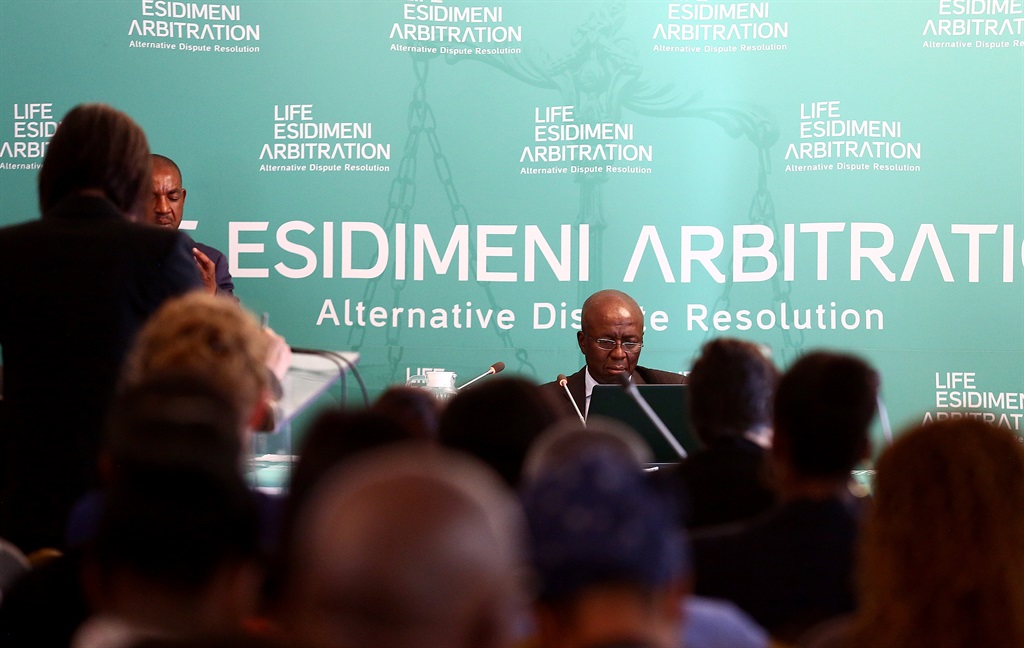The findings of a legal inquest set up to decide whether there is enough evidence to prosecute Gauteng health department officials and workers of nonprofits for criminal charges, will be released today. (Masi Losi/Gallo Images)
The findings of a legal inquest set up to decide whether there was enough evidence to prosecute Gauteng health department officials and workers of non-governmental organisations (NGOs) for charges, such as culpable homicide, assault with the intention to do grievous bodily harm and contravening the Mental Health Care Act, will be released today.
The inquest revolves around the unnatural deaths of 141 out of 144 government mental health patients, who died between June 2016 and October 2017, when they were transferred from private psychiatric hospitals in Gauteng, Life Esidimeni, which the provincial health department paid to take care of 1 812 mental health patients, to community organisations, to save money, and as part of the national health department’s policy to deinstitutionalise mental healthcare.
READ | WATCH: Shades of Life Esidimeni: How the Gauteng govt makes up its own social welfare funding rules
At the centre of the tragedy are eight main role-players – three from the Gauteng health department and the heads of five NGOs, mostly unlicensed, to which patients were transferred.
In the case of the Gauteng health department, Qedani Mahlangu, the Health MEC at the time, the then head of the provincial health department, Barney Selebano, and the director of mental health, Makgoba Manamela, will today find out whether the inquest recommends that the National Prosecuting Authority opens criminal cases against them.
Two of the five NGOs, Precious Angels and Anchor, have specifically been accused of creating “death traps” for patients.
Bhekisisa will be covering the results of the inquest live from our handle on X (@bhekisisa_MG).
Here’s a timeline of how the events unfolded.
